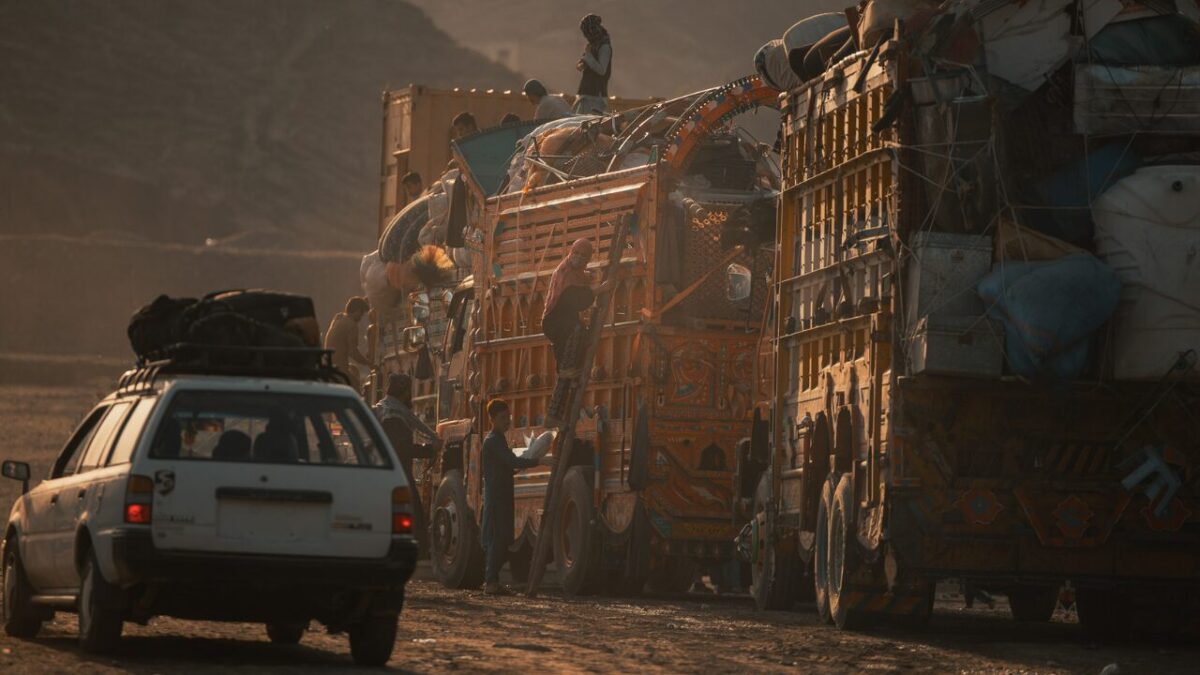KABUL, Afghanistan — The UN has launched an urgent funding appeal to support the growing number of Afghan returnees, as over 110,000 Afghans were recorded crossing back from Pakistan between April 3 and May 3, many under duress and with little or no belongings.
The International Organization for Migration (IOM) and partners issued the call on Monday through the Border Consortium in Afghanistan, warning that a combination of mass forced returns, deteriorating conditions, and severe funding shortfalls has left tens of thousands vulnerable to humanitarian disaster.
The appeal seeks to address the needs of up to 1.5 million returnees — most of them undocumented — driven by Pakistan’s ongoing Illegal Foreigners Repatriation Plan (IFRP). The plan’s second phase is expected to push hundreds of thousands more Afghans out of Pakistan in the coming months.
“Most of the people returning to Afghanistan are in a state of acute vulnerability,” said Ugochi Daniels, IOM’s Deputy Director General for Operations. “The most vulnerable, especially women and girls, are often separated from their families and lack access to shelter and essential services.”
According to IOM data, in April alone, an average of 3,000 people per day crossed through border points in Nangarhar and Kandahar provinces — up from an average of just 100 per day in previous months. The majority of returnees are women and children.
IOM also raised concern about conditions at the Iran-Afghanistan border, where more than 265,000 Afghans returned between January and April. Of those, 75 percent were forcibly deported, the agency said.
“We call on all countries to halt forced returns of Afghans until safe, voluntary, and dignified repatriation is possible,” the IOM said in a statement.
So far, IOM and its partners have provided aid to more than 48,000 returnees through reception centers and transit facilities, offering screening, food, shelter, transportation, medical care, and psychological support — particularly for vulnerable groups.
However, the mounting returns are putting immense strain on already fragile Afghan communities. Years of conflict, drought, and economic collapse have depleted public services, and recent international aid reductions have further weakened the country’s capacity to respond.
“Without immediate additional funding, humanitarian agencies will not be able to meet the growing demand,” Daniels said. “The needs of returnees and host communities alike are at serious risk of being neglected.”
The IOM-led border consortium includes multiple UN agencies and NGOs working to provide emergency support to returning Afghans. Afghanistan currently faces one of the world’s largest humanitarian crises, with more than two-thirds of the population in need of assistance.





